|
Wellesley Energy Coaches are here to help you move to electric in your home, your car and your office. At NO COST.
They can offer advice about:
Get Started Here An energy coach will reach out within 48 hours to schedule a consultation. The local volunteers trained in clean energy technologies help residents explore, plan for, and initiate actions associated with home/building weatherization, efficient electric heat pump systems, solar power, electric vehicles, and other energy adaptations to save money, make our homes healthier and more comfortable, and address climate change. Questions? Email [email protected] Having a municipal utility in town, Wellesley is better positioned than other communities to transition to clean electricity. Two thirds of the Town of Wellesley's energy is from non-emitting sources, making moving to electric in our community, the healthy way to go. Transitioning away from gas is critical to meet the Town's, State's and Federal emissions reduction goals. Please try something new and do better for the next generation. Thanks Green Needham for this story!
Right down the street in Needham there is another example of net energy home. These super energy efficient houses generate enough solar power to provide all the electricity needed for the home’s heating, cooling, hot water, cooking, and other electrical systems. Green Needham has already profiled one family’s process of deciding to build a zero net energy home and condo neighbors who retrofitted their 1860-sq.-ft units to drastically reduce the carbon footprints. Now let’s take a look at another Needham home and learn more about the building techniques that create a home with no carbon emissions and no utility bills. The construction of this home, which uses the most energy-efficient technology currently available, differs from traditional construction methods in several important ways. It’s all in the envelope! The builder is paying great attention to the “envelope” of the house, the exterior shell that separates the home from the outside world. Energy efficient houses have tight envelopes to minimize the flow of air and moisture between the home and the outside. When the airflow in and out is minimized, a house needs much less heating and cooling, which saves energy and reduces costs. To achieve a tight envelope, the builder has created a continuous exterior wrap of foam over the house studs and foundation, to keep heat from migrating through the framing to the outside world. The wall framing uses a special stud called a T-stud. T-studs have spaces in the center to allow spray foam insulation to flow through the stud itself, which further helps to keep heat from leaking to the outside. In addition, the builder has installed triple pane windows that open like casement windows and provide a tight seal when closed. But won’t the house be too tight? Haven’t we been hearing about the importance of fresh air and ventilation? But no, an envelope cannot be too tight. A home with a tight envelope keeps the air quality healthy using ventilation and air filtration systems. A leaky house allows heat to escape and moisture and air contaminants to enter the home. A tight house manages the flow of air and filters it as it enters the home to ensure that the air is as healthy as possible. No fossil fuels! The house is powered entirely by electricity. Most, if not all, of the home’s electricity will come from a rooftop solar system. Because the house has a tight envelope, its energy needs will be modest for its size, and the electricity generated by the solar panels is likely to be sufficient. The home’s HVAC system will be a geothermal heat pump, powered, like the rest of the house, by the solar panels. In a geothermal system, water circulates in underground pipes, capturing the constant temperature of the earth below, and transferring the warmth or cooling to the building. Geothermal is the most efficient HVAC system currently available, and it has the lowest carbon footprint of any HVAC system. Energy Efficient Details. Finally, the home has many interior features that will increase its energy efficiency and the comfort of the family members. The house uses radiant floor heat in all living areas and the HVAC system has separate controls for each major room. The interior walls are well-insulated, which keeps the house quiet and allows the family to heat and cool only the areas that are in use. The plumbing drain incorporates a heat exchanger called a Power Pipe. This ingenious device captures some of the heat energy that goes down the drain when you are doing laundry or taking a shower. The captured energy, which is normally wasted, is used to preheat the water flowing into the water heater so the heater doesn’t have to work as hard. This beautiful home is large, but the same technology can be used in a house of any size. The advanced construction techniques and HVAC system allow any house to use less energy for heating and cooling. And the low energy use makes it much easier, in turn, to install a solar system that is large enough to power the home. The upfront costs to build this energy-efficient home are slightly higher than traditional construction, but the additional cost will be recouped over time, as an energy efficient building is economical to run. Think of your monthly utility bills. The goal for this home is to reduce that monthly expense to zero. These technologies are easier to install when a home is first built, but some of them, such as solar panels and electric HVAC systems, can be added during renovations or when systems need to be replaced. Moving toward net-zero housing is beneficial for both the homeowner and the environment! Thank you to Michael M. for sharing his story about converting to electric from oil and the costs savings.
After attending a Town-sponsored webinar on Air Source Heat Pumps (ASHP), we contacted Abode Energy Management to set up a personal Zoom meeting. Abode spoke to us at length about our particular situation: a 100-year-old home with oil heat and radiators, (no ducting or air conditioning), and discussed what solutions might be available to us. We did learn that we would need to upgrade our electrical system from a 100 AMP to a 200 AMP service, and we worked with an excavator, an electrician, and the Town to make that happen. This was less complicated than it sounds. Abode then directed us to the Town's website for a list of approved vendors for ASHPs, and we contacted two of them. Both came to our home and provided a detailed installation proposal and quote. Each vendor proposed unique configurations and different equipment manufacturers. Abode reviewed both proposals to ensure they would be sufficient to heat and cool our home - with no backup system. While Abode deemed both proposals would do the job, they helped us compare them, and even tweaked them, so we felt comfortable moving forward. We chose Endless Energy to install an LG system with two heat pumps. Our first floor has ductless floor units, (as we were sensitive to maintaining the character of our home), the second floor is a ducted system with vents in the ceiling and the air handler in the attic. Our install was completed in December of 2022. We have been very pleased with our conversion to electric from oil. The units are quiet and remote-controllable. Our home maintained a comfortable temperature throughout the past two winters, and it was pure joy to turn on the AC last summer, vs. having to lug heavy, (and noisy and energy-inefficient), window units down from the hot attic. Many people had suggested we keep a "back-up" system for cold days, but with our two heat pumps that has not been necessary. After a severe cold spell two winters ago when the temperature dipped below -10 degrees for two nights in a row and we stayed warm, we removed our furnace, oil tank and radiators. (This required us to replace our oil-powered hot water heater with a heat-pump hot water heater. Abode again assisted us, and we decided on a 55-gallon Bradford White model; we've been very pleased with its performance.) A side benefit of removing the radiators was freeing up lots of floor space in our home. This made a big difference in every room, but especially in our dining room and in a narrow passageway. Finally, the cost savings have been even more dramatic than we had planned. Our energy bills are coming in at less than half of what we have been paying, thanks in part to Wellesley's favorable electric rates, and the high cost of oil. We also realized further savings by discontinuing the insurances on the oil tank, the annual furnace maintenance, and annual chimney cleaning. Abode also assisted us in claiming $10,000 in rebates. Suffice it to say it was a good installation experience all around thanks to the Town, Abode, and Endless Energy, and it's been a great fossil-free solution for heating and hot water, with the added bonus of air conditioning, for our historic home. If you missed the “Clean Heating and Cooling for Your Home” webinar, here are the webinar slides and the webinar recording. If you are considering home weatherization, heat pumps, electric vehicles, watch the recording. If you want some coaching, reach out to a Wellesley Energy Coach at no cost.
During the webinar, they shared information about no-cost home energy audits as well as the financial incentives for electrification. Learn more about residential climate action, why it’s important, and what advisory services and financial support are available to you. This beautiful, net zero, Wellesley home will be featured in New England Home magazine as well as discussed at their Discreetly Green Event on April 24th from 5:30 - 8:00pm, North Bennet Street School (150 North Street Boston). This event is free; simply RSVP here.
You are invited to hear from a team of designers about their collaboration on this home that is not only a model of energy efficiency, it's traditional architectural elements blend nicely into the neighborhood. Learn about their building techniques and products which deliver both style and comfort. Speakers include J.B. Clancy of ART Architects, Leslie Fine of Leslie Fine Interiors, and Mathew Roth of Hawthorn Builders and it will be moderated by New England Home's Jenna Talbott. Important information thanks to DOE office of Energy Efficiency and Renewable Energy
Weekly Energy Saving Tip If you’re a homeowner with an ongoing list of improvements you plan to make “someday,” get out your lists, because “someday” has arrived! Tax credits for home energy efficiency upgrades and renewable energy systems can make these improvements more affordable than ever, while adding value, comfort, and efficiency to your home. If you made any of the eligible improvements to your home in 2023, make sure you claim them on your 2023 taxes. If doing your 2023 taxes has prompted your tax planning for next year, now is the time to review the list of eligible improvements and start planning your strategy. See the list of available home energy tax credits. As a bonus, many of these will also lower your monthly utilities bills. Maximize Your Tax Credits But you don’t have to do it all at once. Unless you have specific equipment (e.g., heating or cooling) that needs to be replaced immediately, you may want to create a multiyear strategy that:
As always, talk to your tax professional and review the IRS website to ensure you have the latest official guidance on tax credits, and review the tax credit requirements for each product carefully before making any purchase. See all energy tax credits for homes Now is a great time to consider replacing your existing heating and cooling system before it fails with an air source heat pump because attractive local, state, and federal incentives are available now! Heat pumps are especially economical if you replace oil, propane, or electric baseboard heating.
Take advantage of up to $10,000 in incentives and 0% financing when you replace your aging furnace or AC with an energy-efficient air source heat pump. Register here for a webinar on Thursday, March 21 at 7:00 p.m. via Zoom to learn about the cost savings, cleaner air, and climate benefits of air source heat pumps. Join us at this free event to learn about:
Sign up here here for this webinar co-sponsored by the Town of Wellesley’s Climate Action Committee, Municipal Light Plant, Health Department, and by Sustainable Wellesley. It is the an ideal time to take advantage of local, state, and federal incentives to modernize your home’s heating and cooling with an energy efficient air source heat pump while lessening your exposure to fossil fuel’s volatile pricing and harmful indoor air pollutants. Big thanks to Brian Hodgson - Newton resident & Green Newton board member - for sharing this story.
With all of the crazy weather and news of climate change, a lot of people are looking at how they can make an impact. Ensuring our homes have less of a carbon footprint is one of the biggest actions we can take – namely better insulation, using heat pumps, and installing solar panels on the roof. I am in the middle of a project to install geothermal heat pumps in my home, in part because I care deeply about doing something about climate change. (I’ll share some more information on that project in another article.) I live in a neighborhood of old Victorian homes in Newton, and these older homes certainly present challenges to retrofitting with new technologies. For example, installing air source heat pumps with ducting may require opening up walls, mending old lathe and plaster walls, and pulling out the original heating system with their steam or hot water radiators. However, when I took a walk down my street a couple of weeks ago, I was pleasantly surprised to see that a number of my neighbors had recently installed heat pumps. I was curious as to their motivation: was it driven by a desire to be more climate friendly or were there more practical drivers? To find out, I visited two of my neighbors a couple of weeks ago to ask why. Tanya and David For my neighbors Tanya and David, the key driver was comfort in the home and reducing their electric bills. They had lived without central air conditioning for a number of years, but last summer it was almost intolerably hot in their house. The in-window air conditioners they had been using were noisy and the electricity costs were high. When they learned about the incentives from Mass Save, which can be up to $15,000 to put in heat pumps, they realized it would be a fantastic investment– and it would also improve the comfort of their home. Since air source heat pumps work to both heat and cool a home, they would not need a separate air conditioning system. As part of the incentive process, they were required to get a home energy audit and subsequently had to beef up their home’s insulation levels. Though the base estimated cost of insulation was $8000, over $7000 of that was covered by incentives, and their out of pocket cost was reduced to about $1000. Susan and Michael The second set of neighbors I visited, Susan and Michael, outlined that they had bought the house a couple of years ago and were looking at a number of ways they could make it more energy efficient. While they wanted to make their house less dependent on fossil fuels, attractive financial incentives and comfort in their home were also key drivers in their decision to install a heat pump. As part of their overall evaluation, they looked at a number of options, including upgrading the windows, adding solar, and installing heat pumps. Upgrading the windows turned out to be quite expensive, especially if they wanted to keep the character of the Victorian home, making them hesitate. At the same time, the old air conditioning system they had inherited was on its last legs and would require a large investment for a new one. Thinking ahead to the future, it made more sense to replace it with a heat pump system that could give them both heating and cooling instead of installing another air conditioning system. This reasoning, plus the great financial incentives, made installing a heat pump a great first step in their overall energy renovation plan. Comfort and Saving Money are Key Motivators The $15,000 rebate offered by Mass Save, along with an interest free loan, were critical in getting both families over the hump. Tanya said, “With the interest free loan– we pay $200 a month–it’s almost free money.” In addition, they will also continue to benefit from lower heating and cooling costs through the life of the system. So, while we all have a desire to make an impact on climate change and reduce our carbon footprint, the more practical needs of comfort and saving money are often the reasons why people make the decision to change to heat pumps. Either way, it’s a win-win for everyone. If you are interested in learning more about getting a heat pump for your home click here. Not sure where to start? Contact a no cost Wellesley Energy Coach today. What was radical yesterday is reasonable today. Households all across the country are grappling with sudden spikes in energy costs, and a very short window to decarbonize.
For years, Rachel White (Byggmeister) and Audrey Schulman (HEET) have pioneered brand-new approaches to retrofitting our aging homes. Now these two leading lights will be sharing with us findings they recently presented at Building Energy Boston 2023. White will provide a definitive evaluation of the ‘superinsulation’ mode of retrofit. And Schulman will report on the current status of neighborhood thermal networks, now under construction in many locations. With a flood of federal funding, finding the optimal approach today involves questions not even broached a decade ago, and may not be what we expect. The residential sector must decarbonize at an accelerated rate. About the presenters Rachel White is CEO of Byggmeister Design/Build, a nearly 40 year-old residential remodeling company that is striving to serve as an exemplary steward of homes and to prepare them to meet the challenges of the 21st century. Rachel has been affiliated with Byggmeister since 2008, when she hired the firm to renovate her house. What started as an effort to reduce the energy and carbon footprint of her own home became her life’s work. Prior to joining Byggmeister Rachel taught modern Jewish history to adult learners. She holds a PhD in Religious Studies from Brown University and a BA in Religion from Haverford College. Audrey Schulman co-founded HEET (Home Energy Efficiency Team) in 2008. A lover of maps, she created the first-in-the-nation statewide zoomable public map of utility-reported gas leaks. Through her co-leadership of the FixOurPipes.org study, she helped municipalities coordinate with utilities to find solutions to fix gas leaks faster and at less expense. She started the Large Volume Leak Study, which discovered a way for gas utilities to identify super-emitting gas leaks and repair them. Together with Zeyneb Magavi, she has developed HEET’s innovative solution to transition gas utilities from gas to networked geothermal, or systems of networked ground source heat pumps. There are several gas utilities now installing thermal networks in Massachusetts and New York. Register here for this free, online event -- sponsored by JCAN-MA -- on Tuesday, June 20 from 7:00 - 8:30 PM Newton's Studio for High Performance Design & Construction (SHPDC) is offering passive home tours in Wayland and Weston on Saturday, April 22 · 9am - 2:30pm. Register here.
This Earth Day fundraiser will offer visitors a unique opportunity to see, learn and experience passive houses, while supporting SHPDC's mission to educate and train people in the areas of High-Performance, Net Zero and passive house building. From the design features, to the energy efficiency provided by the mechanical systems, these beautiful projects are ideal examples of what is possible in our community. Tour 1: Wayland, MA passive home from 9:00am to 11:00am Tour 2: Weston, MA passive house from 12:30pm to 2:30pm Each tour will present these topics: Overview of Design Building Envelope Details Mechanical Systems Renewable Energy and Back-ups Integrated Design Project Delivery There is a fee for this event but all proceeds go to Studio HPDC to support their focus on education and training in the areas of High-Performance, Net Zero and passive house building. Participants are expected to provide their own transportation but, light refreshments will be served. Reserve your spot here. |
Categories
All
|
Sign up for updates! |
Contact |
Support us! |
Follow us!Copyright © 2024 By Sustainable Wellesley
|

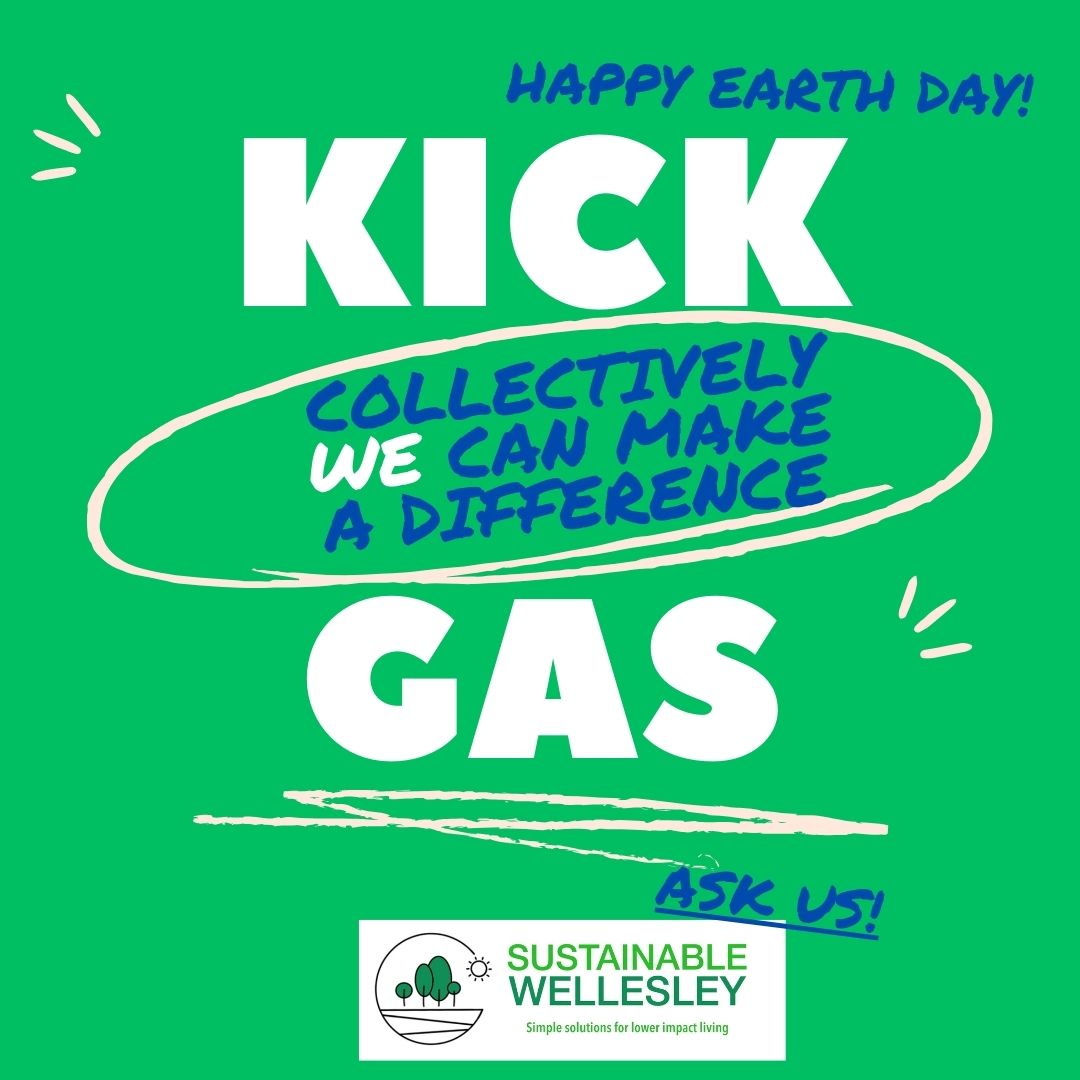
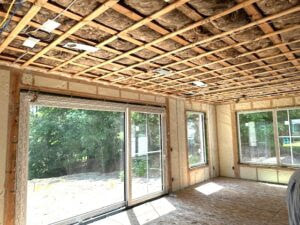
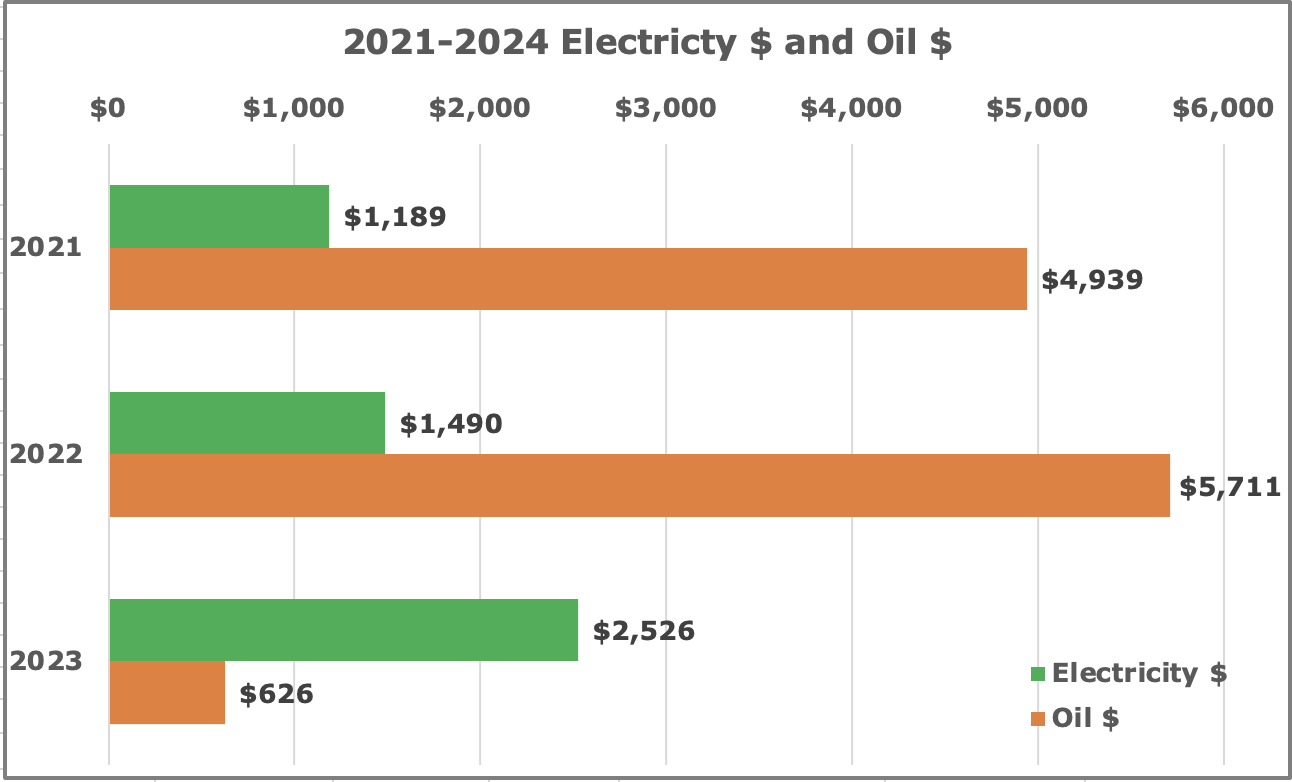
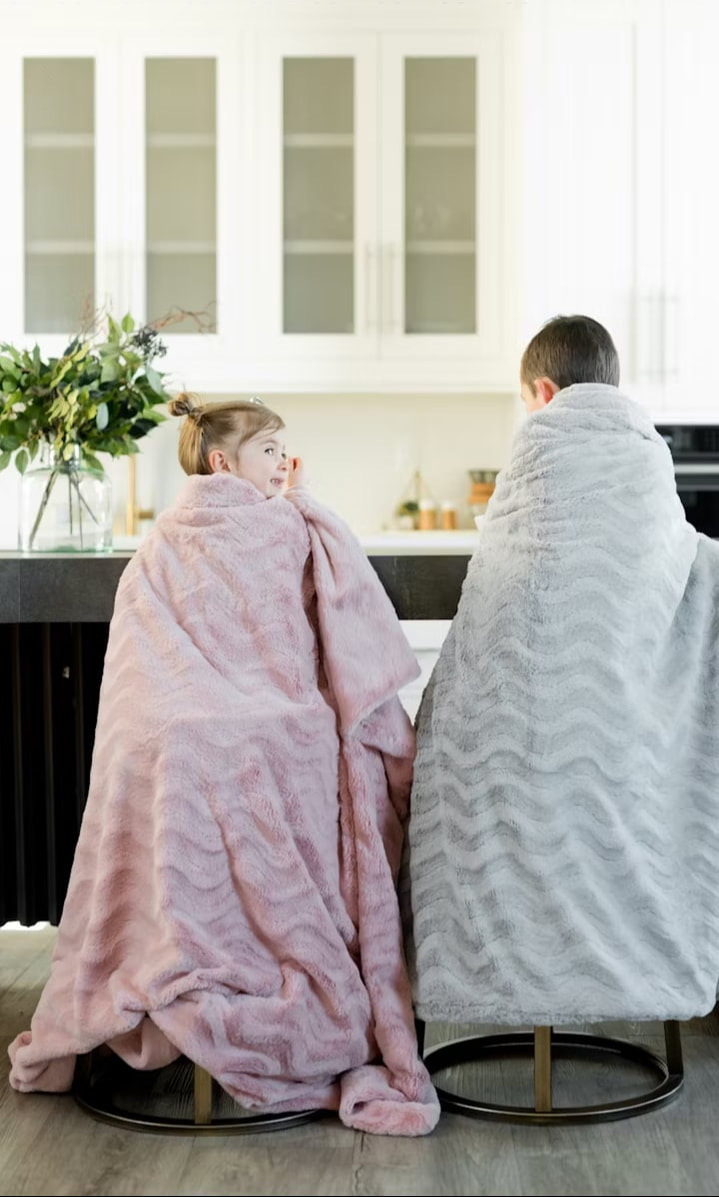
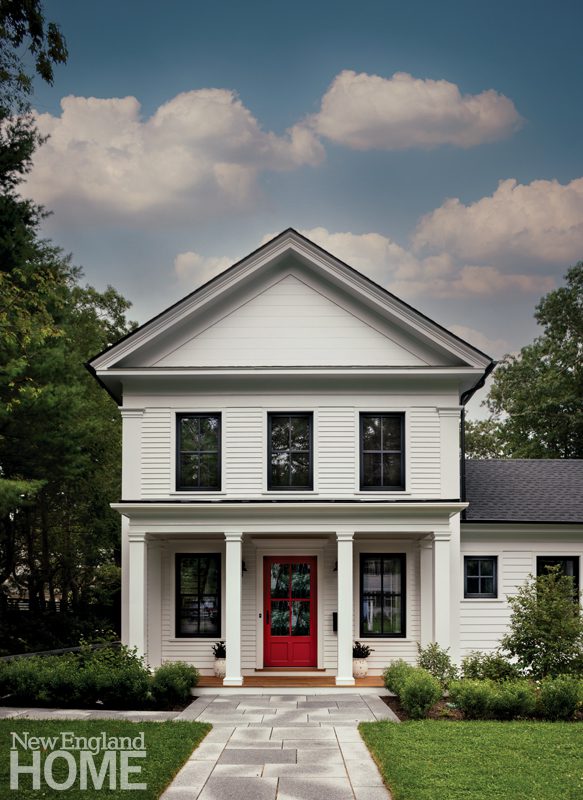
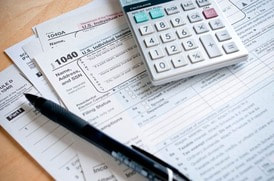
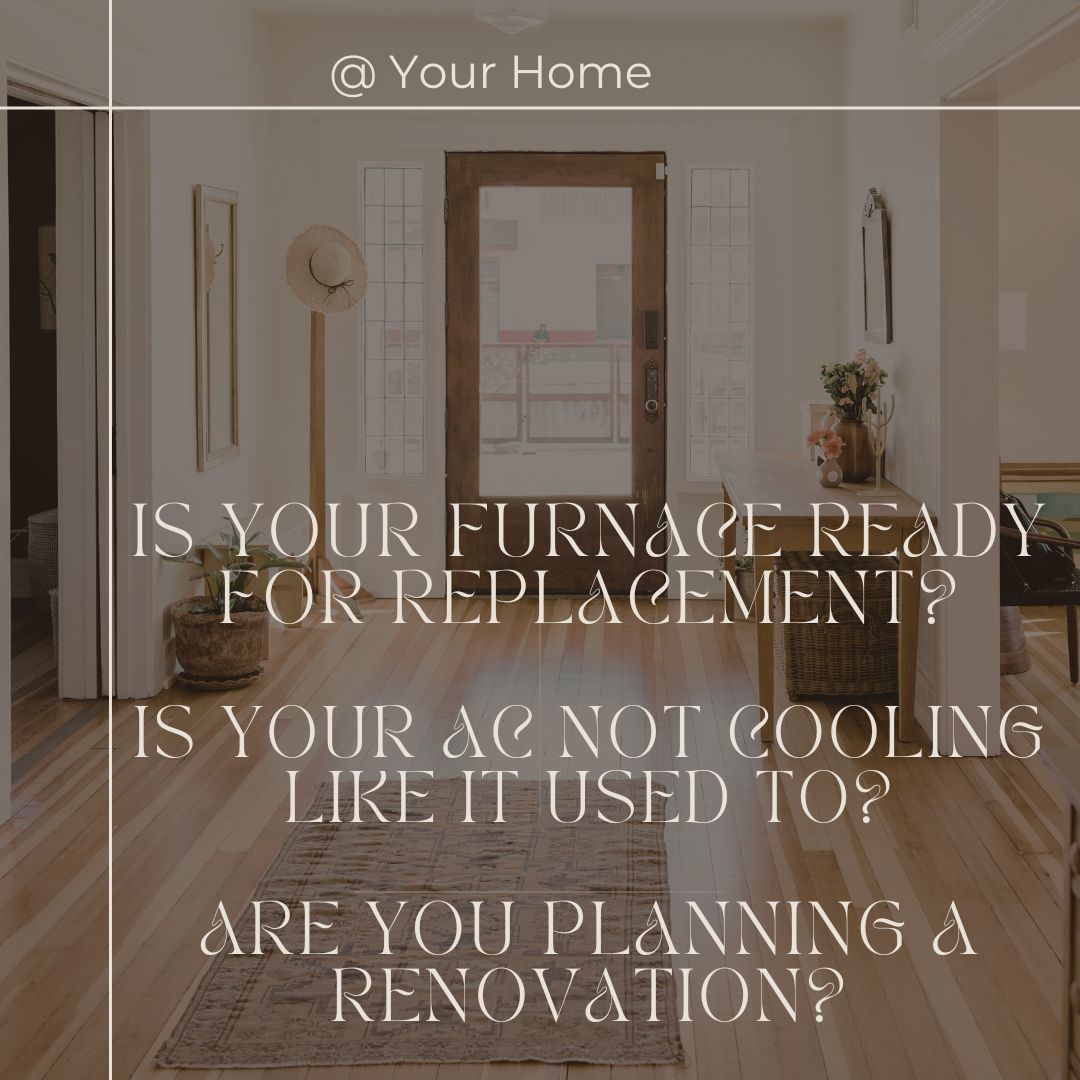
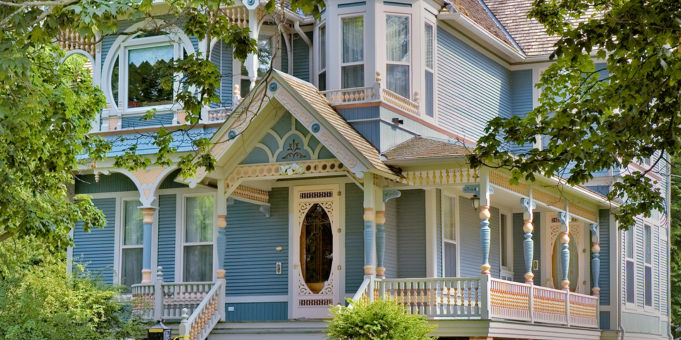
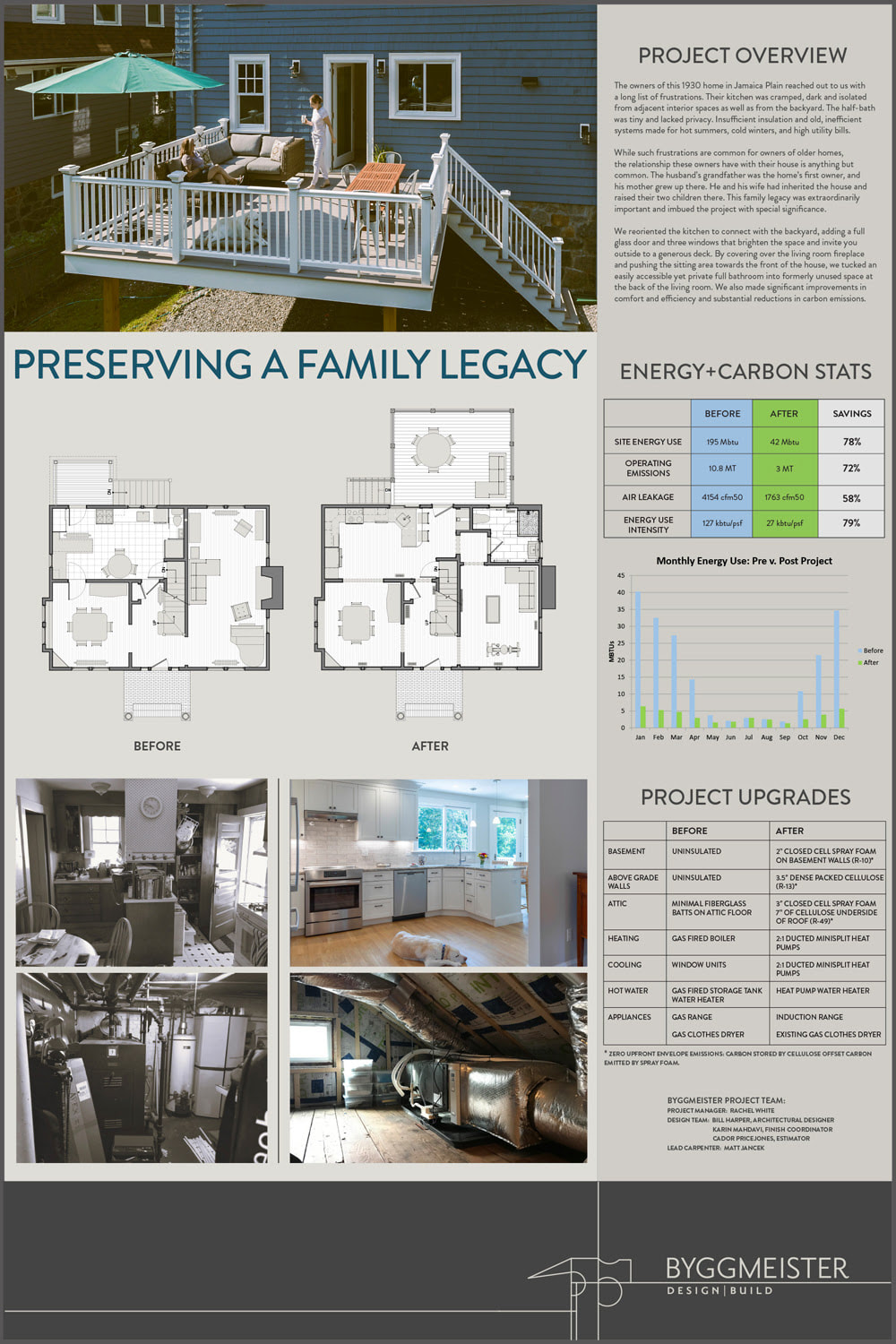
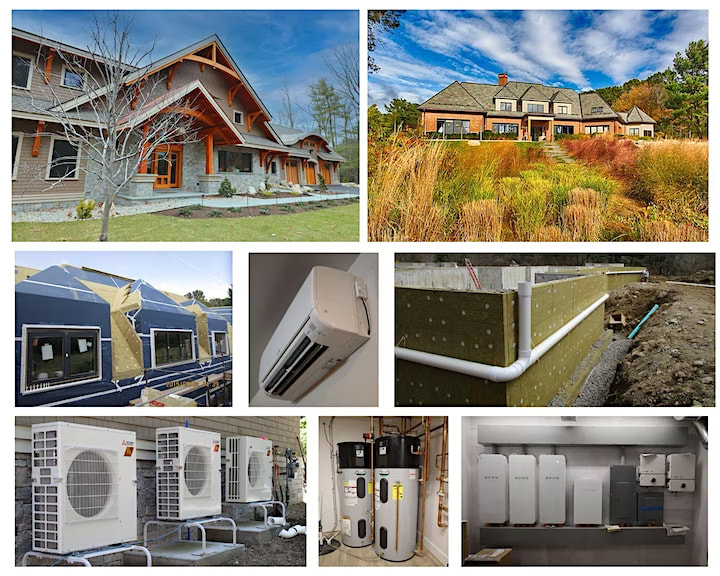
 RSS Feed
RSS Feed